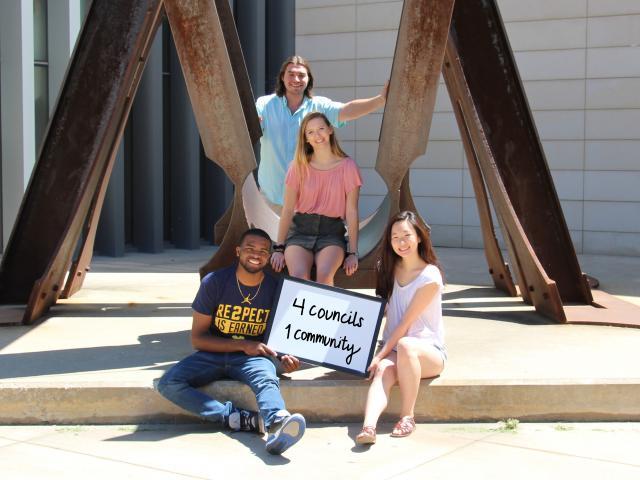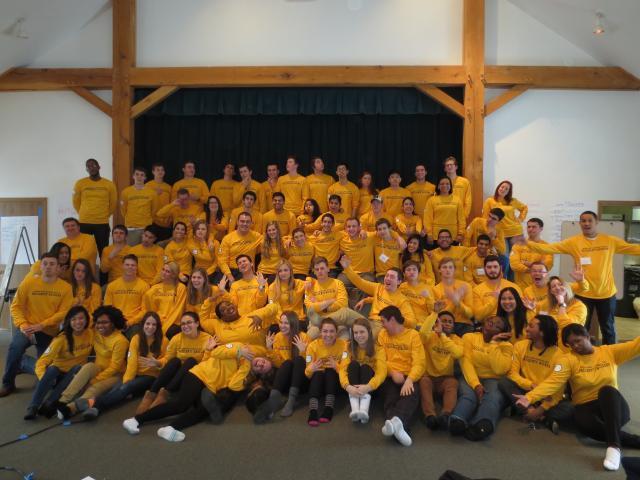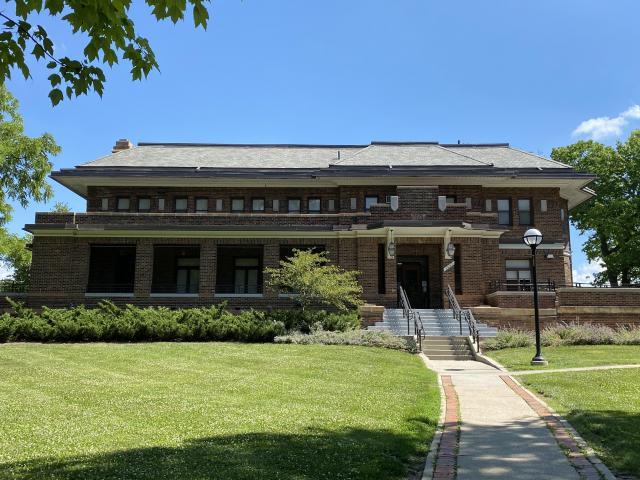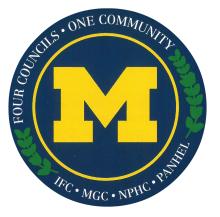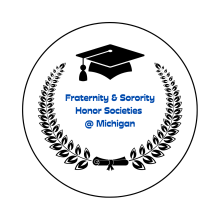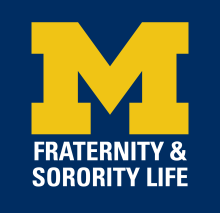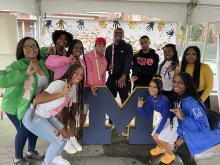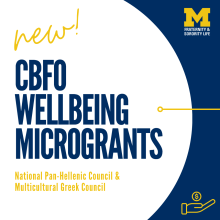Students interested in joining the fraternity and sorority community at the University of Michigan during the 2023-2024 academic year should understand the eligibity criteria and any applicable deadlines.
Fraternities and sororities have a rich history at the University of Michigan. During 1845, less than 10 years after the University of Michigan moved from Detroit to Ann Arbor, the first two fraternities were established. The first sorority was chartered in Ann Arbor in 1879 and culturally-based fraternal organizations in the early 1900’s. In 1909 the first historically African-American organization was chartered and in 1989, the first Latinx fraternity was formed. For 175 years, fraternities and sororities have provided students with opportunities outside of the classroom.
In future years, the addition of several multicultural fraternities and sororities made Michigan's fraternity & sorority community the unique and culturally diverse student experience it is today. Our community has grown to over 5,500 students within 4 councils. The Interfraternity Council (IFC), the Multicultural Greek Council (MGC), the National Pan-Hellenic Council (NPHC), and the Panhellenic Association (Panhel) pride themselves on individuality, while recognizing common values and principles.
UM Announces Updated Fraternity & Sorority Life Institutional Eligibility Requirements for Fall 2023
During the 2022-2023 academic year, valued members and partners of the Michigan fraternity and sorority life community engaged with our external consultants from RISE Partnerships to study the impacts of institutional eligibility on our community. As a result of their extensive engagement with a variety of stakeholders, RISE Partnerships found that there was strong support for all aspects of the policy—other than the 12 post-secondary credit hour requirement.
Support NPHC's Goal and Historical Purpose
Please consider financially supporting the National Pan-Hellenic Conference throught the NPHC Support Fund within the University of Michigan.
Programming Grants for CBFOs
Fraternity & Sorority Life is pleased to offer microgrants to UM Culturally-Based Fraternal Organizations (CBFO) to provide support around individual, chapter, and community wellness. These micro-grants will support well-being programming that aligns U-M Dimensions of Well-being in NPHC and MGC chapters and councils. While the model of well-being will serve as a guide, CBFOs are encouraged to consider the ways in which wellness manifests in their communities and incorporate that into their new or existing programming.

